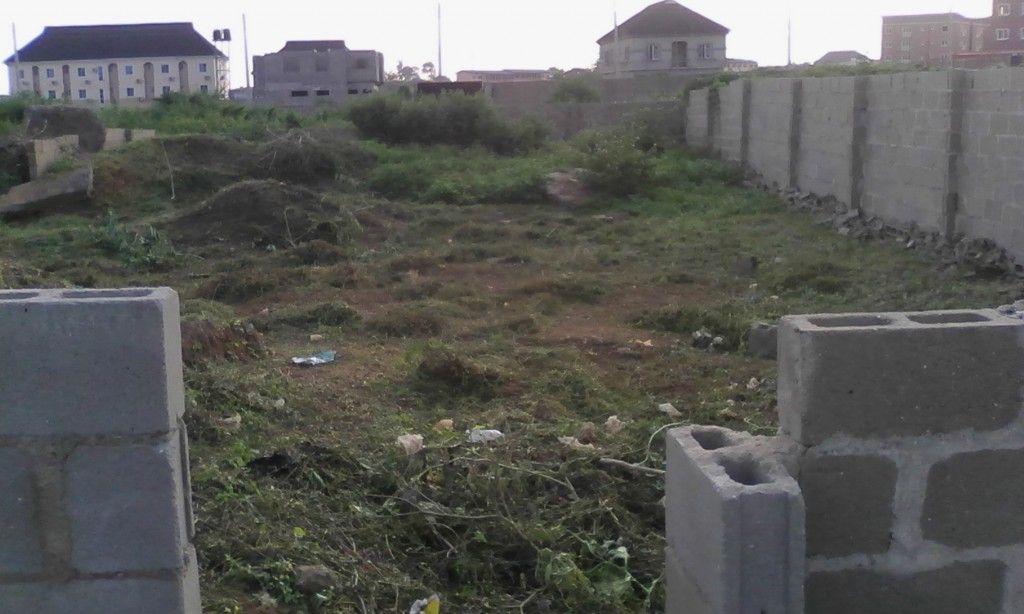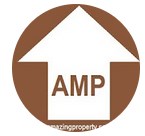Establishing the Initial Listing Price
Setting the right initial price for your home involves understanding market conditions and comparables, or 'comps'. Comps are recent sales of similar homes in your area that help gauge an accurate and competitive price for your property.
Consider your home's features, such as square footage, condition of major systems, renovations, and design elements. External factors like the local school district's reputation, proximity to amenities, and neighborhood trends also influence pricing.
Psychological pricing strategies, like the '99 strategy' (pricing a home at $299,999 instead of $300,000), can make a listing appear more attainable and increase buyer interest.
Be flexible and aware of active market response. If your home sits on the market too long, it may be priced too high. Adjust the price quickly to prevent stalled sales.
Adjusting Pricing Strategy Post-Listing
If the market shifts or interest wanes without solid offers, reassess your pricing strategy. Monitor market dynamics, such as mortgage rate fluctuations or changes in buyer demand, to guide potential adjustments.
Overpricing is a common pitfall. If a property is listed too high, it can result in low interest from potential buyers. In such cases, a meaningful price adjustment can rejuvenate interest in your listing.
Collaborate with your real estate agent and schedule regular check-ins to explore market analysis updates. Discuss feedback from open houses and showings to determine if the price feels right to the market. If adjustments are needed, respond swiftly and decisively.
When deciding on a new price, consider incremental adjustments rather than drastic drops. Small but significant reductions may capture attention without creating a perception of desperation. Repricing can also refresh the listing across real estate platforms, potentially boosting visibility to buyers.
Leveraging Digital Tools and Expert Opinions
Online valuation tools, like Zillow's Zestimate, provide quick estimates of a home's market value using algorithms and public data. While helpful as a starting point, relying solely on these estimations can be risky. They may not account for unique aspects of your home or recent local market shifts.
Professional appraisals and the expertise of real estate agents are invaluable. A licensed appraiser conducts a detailed analysis, including an in-person assessment, reviewing upgrades, and comparing recent sales in the area to establish an accurate market value.
For optimal results, blend insights from digital tools with evaluations from industry experts. Use online tools to get an initial feel for your property's potential market price, but validate this information through a professional appraisal and your real estate agent's comparative market analysis (CMA).
By combining modern technology and traditional real estate wisdom, you can craft a more informed and practical pricing strategy. This balanced approach enhances the accuracy of your home's listed price and boosts your confidence in the positioning of your property in the market.

- National Association of Realtors. Home Pricing Strategies. National Association of Realtors; 2022.
- Zillow Group. Zillow's Zestimate Accuracy. Zillow Research; 2021.
- Appraisal Institute. Understanding the Appraisal Process. Appraisal Institute; 2020.




